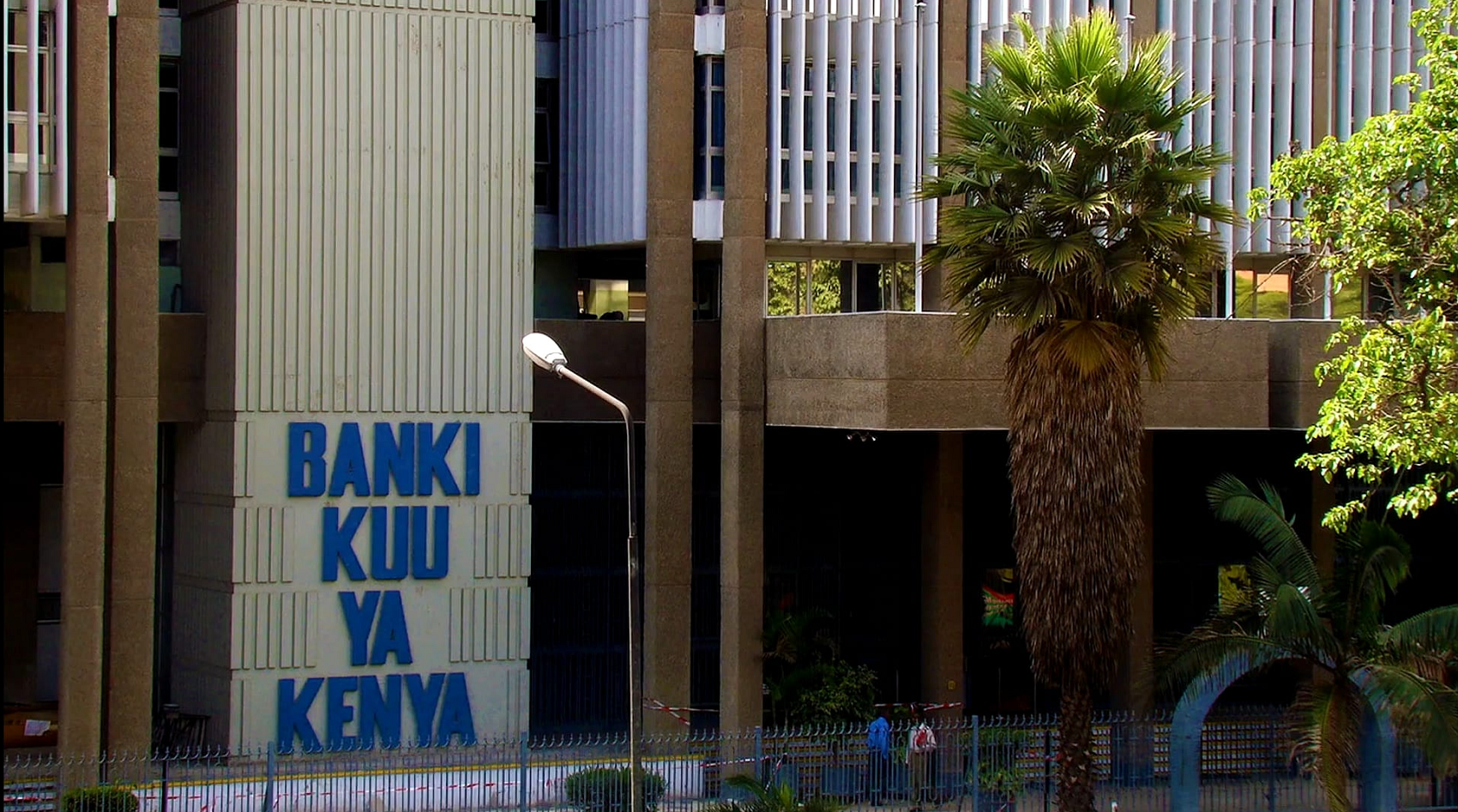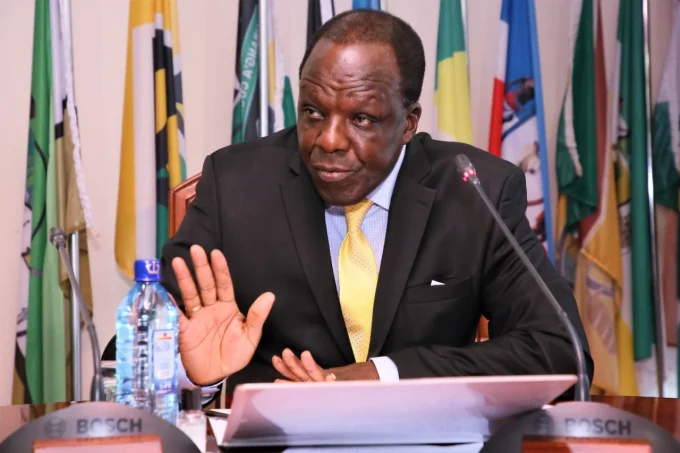After weeks of full-throttle battling of the coronavirus pandemic, China can see a light at the end of the tunnel with the country’s National Health Commission reporting a drop in the number of virus cases in the country on Sunday while other countries are just beginning to feel the heat of the global pandemic.
The country reported a drop in new cases from 46 to 39 on Sunday with the new cases being pointed at new international arrivals especially Chinese students jetting back home.
Beijing expanded measures to contain imported infections, diverting all international flights arriving from Monday to other airports in other cities, including Shanghai where passengers will undergo virus screening.
Beijing reported 10 new imported cases, the NHC said on Monday, down from 13 on Sunday. Infections from abroad in the city hit an all-time high of 21 on March 18.
The country has started pulling back hundreds of nurses it had sent to Wuhan, Hebei Province, the epicenter of the virus. Despite the country losing 3270 of its citizens to the pandemic, the country is on the right trajectory and if this trend persists the Asian country could turn its attention to reviving its economy.
Kenya, on the other hand, is staring at a full-blown crisis reporting more cases by the day and the worst part of the story is that the country’s health systems are nowhere near strong enough.
The strength of China’s health systems has been lauded the key to turning the tide.
While China is not the best example for Kenya as the country has gone to extreme lengths to quell the virus including tapping their citizens’ phones to track and limit movement, there are still crucial lessons Kenya could learn from the country.
Hong Kong, Singapore and Taiwan represent far better examples. So, what lessons can Kenya learn from these states?
It is tempting to think that Kenya for one reason or the other has not been fast enough to put in place to curb the spread of the virus.
When Health Cabinet Secretary Mutahi Kagwe reported the first case in the country a week ago, well aware of the risks he announced that churches, mosques, and temples could continue operating normally as long as they provided hand sanitizers for worshippers.
A week later the government has ordered religious institutions to suspend all operations and banned large gatherings as coronavirus cases shot up to 15.
Last week, Kagwe explicitly ordered bars and social joints to close at 7:00 pm directing that bars ensure that revelers enjoy their time out at least a metre from each other as part of social distancing measures.
Days later that order has been rescinded and all bars will remain closed.
There is a peculiar pattern in these orders, the people behind the policies must have thought of the economic impact the directives would have had on businesses and therefore opted for a safety-first approach on all sides.
It has not worked.
Total Lockdown
By the day, a lockdown is becoming a real possibility for the country.
A lockdown limits the spread of the virus by curtailing movement which is the major catalyst for a full-blown outbreak.
Almost 60 million people were placed under lockdown in Hebei Province alone, and most factories in the province were shut down, the directive is expected to last until March 20.
Economic considerations are the biggest threat to the implementation of a lockdown but again, China has shown the way that a cautious approach is costlier than grabbing the bull by its horns.
In Italy, the country is reporting at least 700 deaths per day while in lockdown, it is unthinkable what the country’s state would be if movement was not curtailed.
Stiff Penalties For Quarantine Violators
A 180-kilometer strait might separate China and Taiwan but that did not stop the latter from ensuring it did not import virus cases from the former.
Taiwan has resorted to using state-run facilities for quarantines.
Home quarantine has been the predominant method of isolation even when state facilities were available. To ensure compliance, Taiwan’s government enforced strict penalties against anyone who breaks an isolation order, including fines up to about $33,200 (Ksh3.5 million).
Kenya has started becoming stricter after Kilifi Governor Gideon Saburi tested positive for Coronavirus on Sunday. The deputy governor will be charged for violating quarantine regulations and in the process exposing Kenyans to the disease. The fact that he is a leader who refused to self isolate after arriving into the country from Germany on March 7 has only strengthened the government’s resolve.
Isolation of Patients by Severity
In Hong Kong, Taiwan and Singapore, the testing capacity of laboratories was rapidly expanded.
The three independent states were quick to ensure that patients were not lumped up in one place but were instead placed in isolation depending on the severity of their illness.
People who had come into contact with anyone infected were sent to designated facilities, typically converted hotels or hostels, for prophylactic quarantine. Home quarantine was advised only for those only at slight risk of infection.
Initially, almost all residents of Wuhan and other affected cities were required to stay at home; schools and workplaces remained closed well after the end of the Lunar New Year festival, around Jan. 27 but that was reworked to suit the scale of the new problem.
Kenya only set up isolation centres after an executive order by issued by President Uhuru Kenyatta and by last week when the country’s first case was reported, nurses at Mbagathi Hospital were still lamenting over poor conditions and lack of facilitation. It is already documented that elderly patients are most vulnerable compared to young people.
It is not immediately clear whether Kenya has the capacity to categorise the patients and place them in separate units.
Speed to Act
Three days after the Chinese authorities alerted the world about the outbreak in Wuhan, Singapore started referring inbound travelers from Wuhan with a fever and respiratory symptoms for further assessment and isolation.
It was also one of the first countries to cancel all inbound flights from Wuhan after identifying its first imported case.
Travelers coming from affected areas were placed under mandatory quarantine; three university hostels were quickly converted into facilities to host them. The government compensated individuals and employers for any workdays lost.
This takes us back to when there was outrage in the country when it was first reported that a China Southern Airlines plane had been secretly allowed in the country just when COVID-19 was breaking out in China.
It took the intervention of the High Court to bar all flights from China and an order to track all 239 passengers who had arrived into the country was issued.
Kenya could borrow a leaf from Singapore and impose mandatory quarantine. An elected official has just proved that until this point, self-quarantine is not bulletproof.












Leave a comment